In a blistering address that has set alarm bells ringing across Mount Kenya’s political corridors, Democracy for Citizens Party (DCP) Deputy Leader Cleophas Malala today issued a stark warning: the wave of newly formed minor political parties in the region are not grassroots initiatives, but covert tools designed to fragment the vote and pave the way for President William Ruto’s return to power.
Speaking on a local radio station this morning, Malala painted the emerging parties as clones of the ruling United Democratic Alliance (UDA), arguing they are being deliberately launched to sow confusion among voters. “Hizo vyama vimo ni sawa na UDA,” Malala declared, bluntly accusing these outfits of being extensions of the ruling party’s political machinery.
A Strategy to Divide and Conquer
Malala drew parallels between Mount Kenya’s unfolding political landscape and the proliferation of small parties in Western Kenya—such as those led by Moses Wetang’ula, Musalia Mudavadi, George Natembeya, and Boni Khalwale—that he says were used to scatter regional voting blocs while aligning under a larger umbrella agenda.
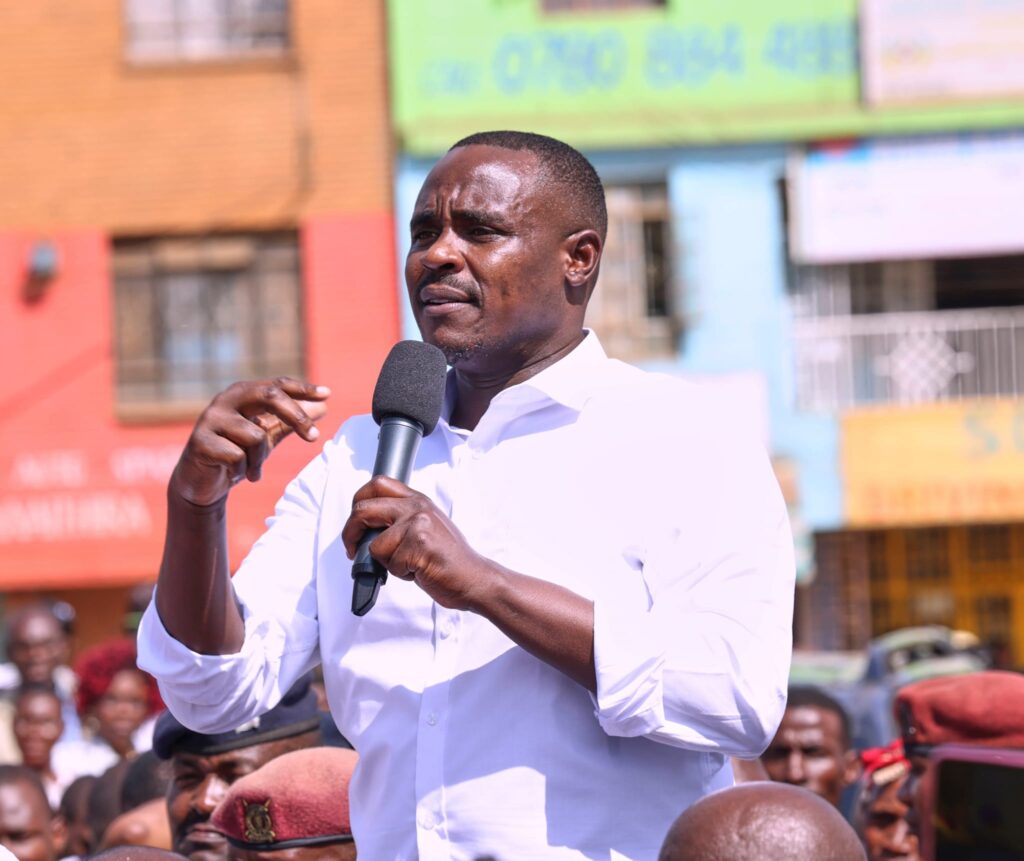
“Unless Mount Kenya unites behind a single, credible alternative like DCP under Rigathi Gachagua, the vote will be sliced, diced, and delivered straight to Ruto’s doorstep,” he warned. He urged electors to scrutinize any party without a distinct platform and independent identity from UDA, branding such formations as mere “wheelbarrows” serving political fragmentation.
DCP Pitches Itself as the Unity Option
In positioning his party, Malala emphasized that only the DCP offers a consolidated front capable of guarding the region against being politically partitioned. He stated outright that supporting these apparitional parties would lead directly to Ruto’s re-election. “Mkifanya hivi, William Ruto atarudi,” Malala asserted.
The DCP, led by former Deputy President Rigathi Gachagua, is being cast as the sole genuine regional voice capable of resisting orchestrated political dilution.
Implications for 2027
Malala’s intervention arrives at a crucial juncture as political operatives intensify efforts ahead of the 2027 general elections. The emergence of multiple minor parties in Mount Kenya—a region traditionally viewed as a political bellwether—is being viewed through the lens of high-stakes strategic positioning.
Political analysts warn that if these formations continue to split the vote without coalescing under a unified platform, they risk delivering the presidency into Ruto’s hands through default.
The Challenge Now
Mount Kenya’s electorate now faces a pivotal decision: rally behind the DCP as a unified regional defender, or veer towards isolated small parties that may unwittingly undermine their own political influence.
The coming months will reveal whether Malala’s fervent appeal resonates, or whether fragmented campaigning will hand Ruto another term on a platter.


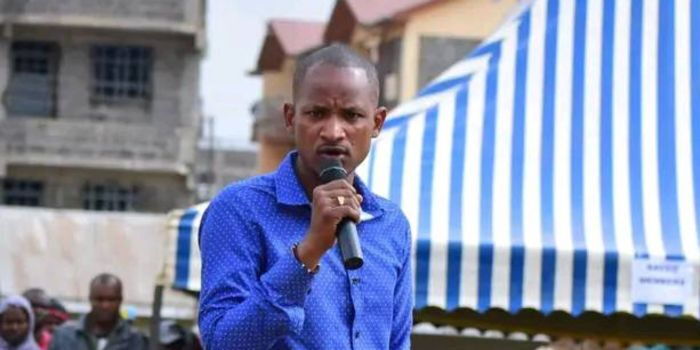



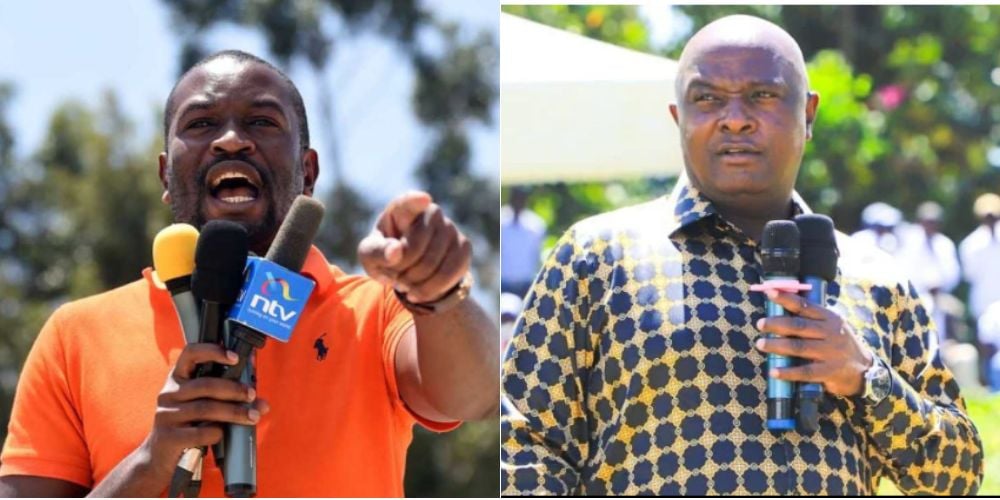
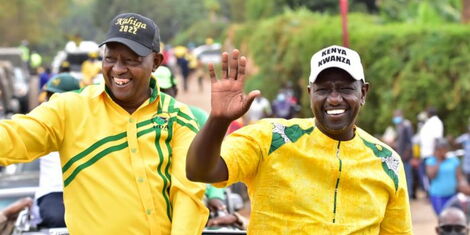
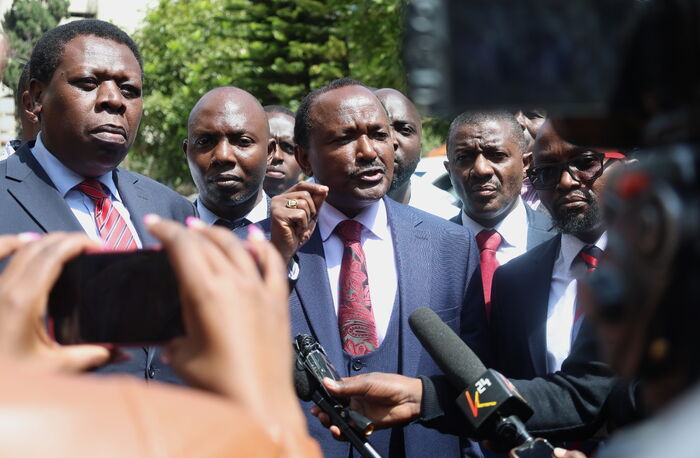
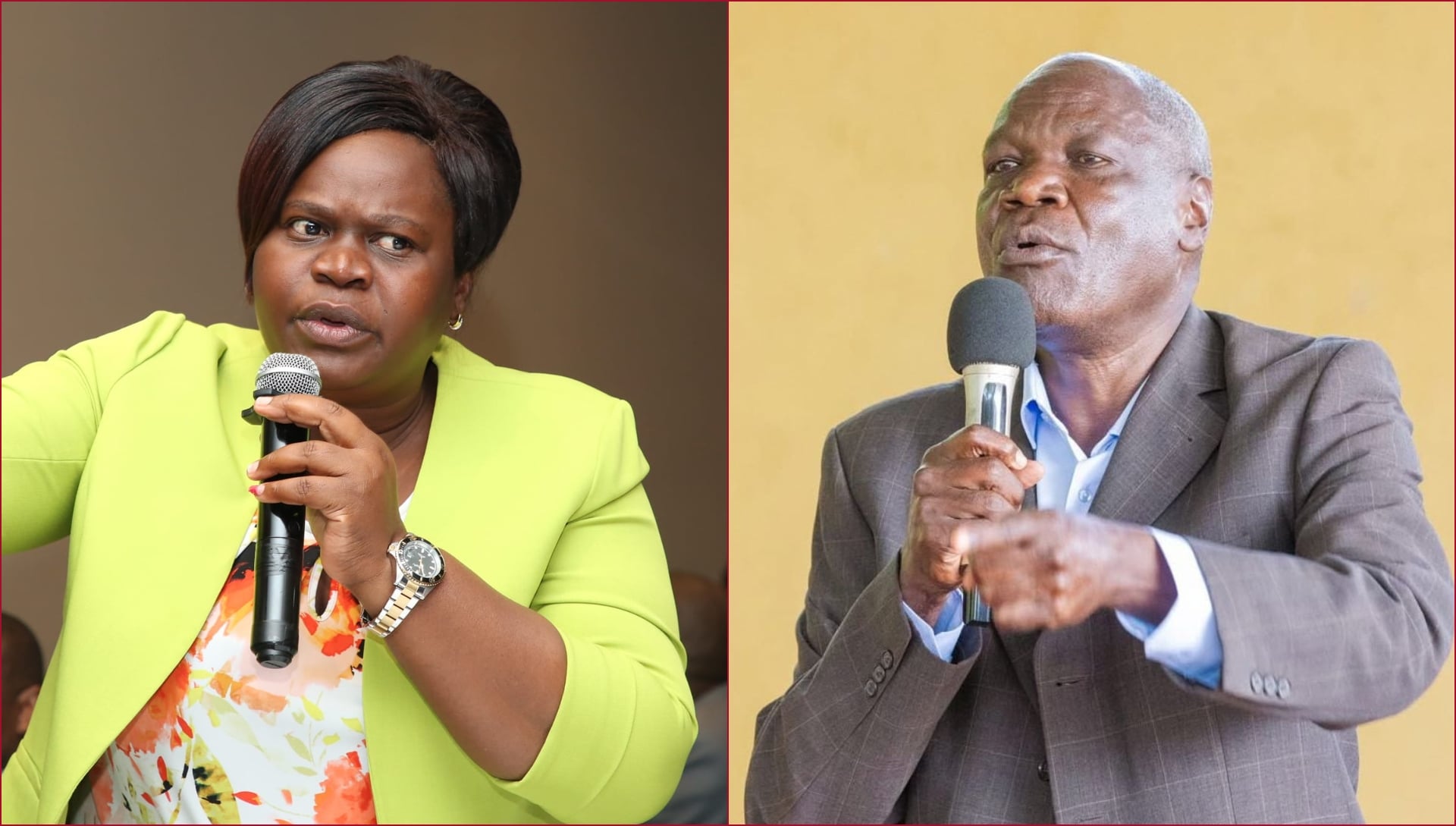
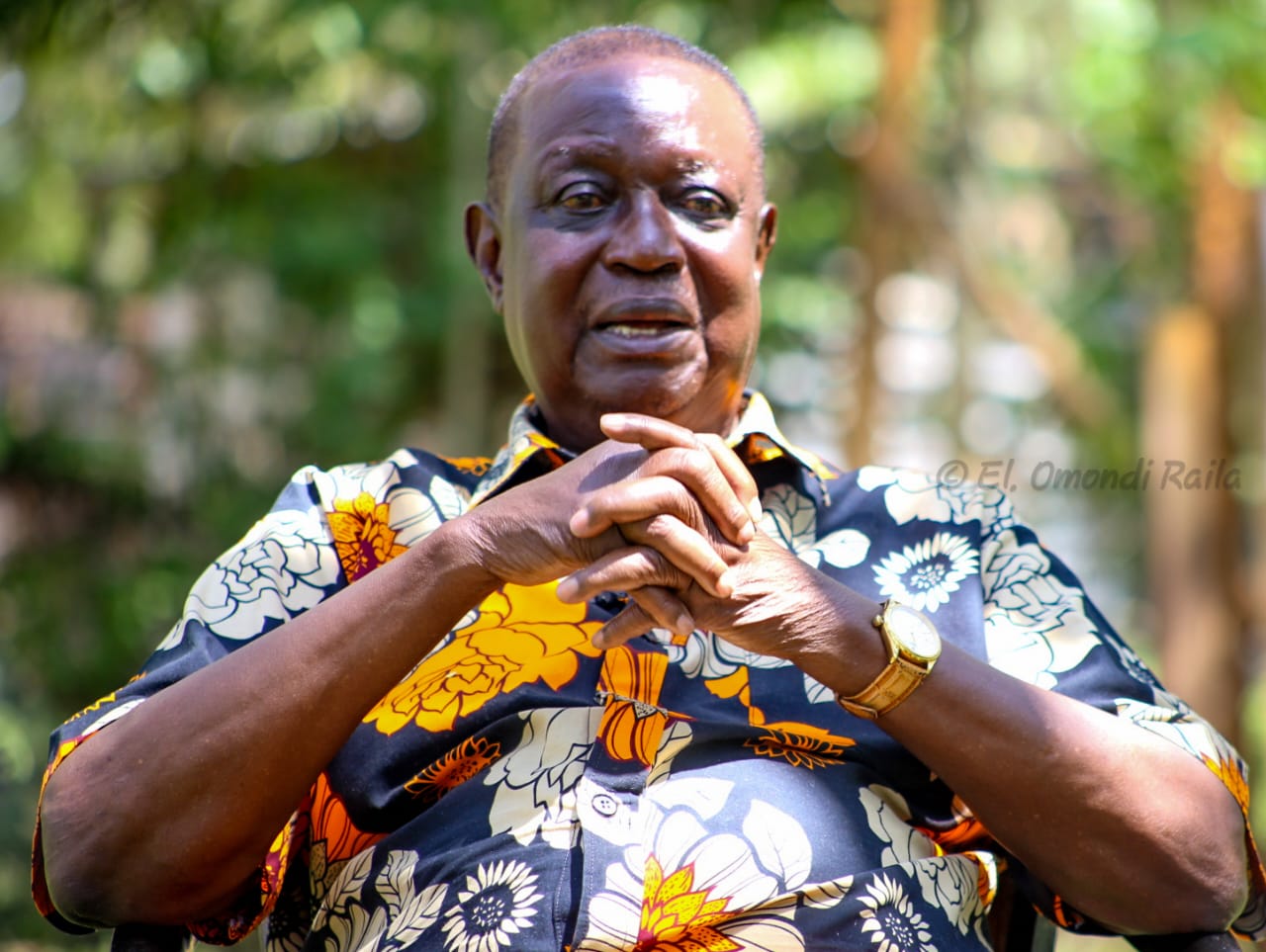
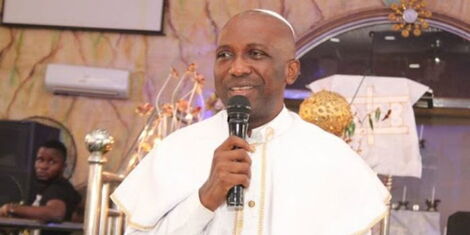
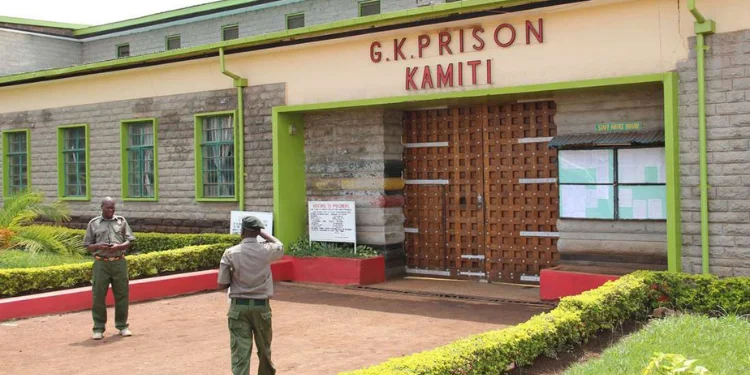

Leave a Reply